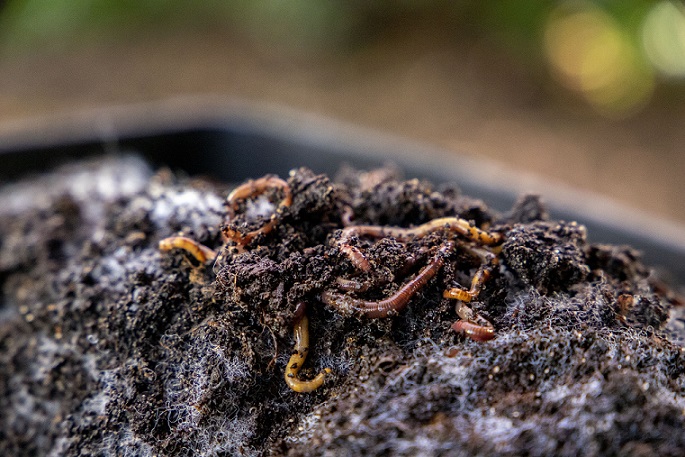You will not be surprised to learn that while we’ve been stuck at home during the lockdown we have been producing a lot more rubbish than before the pandemic arrived.
Camden Council says that over the past two months weekly household waste has increased by 15 percent.
Now we are being urged to look at ways to reduce food waste – which could also save money.
Tips include creating a shopping list and planning weekly meals, using leftovers and reducing portion size when cooking.
To get more bang for your buck give worm farming and composting a go – they are great ways to recycle organic waste that we cannot avoid such as banana skins, eggshells and coffee grounds.
Composting involves the natural process of breaking down organic material and can be done in a compost heap, bin, bay or tumbling compost bin.

“Through composting or worm farming, food waste and kitchen scraps can be turned into a natural fertiliser that can help grow amazing plants in your garden,” says mayor of Camden, Cr Theresa Fedeli.
“Compost bins, worms and worm farms are available from your local hardware store or garden centre and can be fun activity for the kids as well.”
Items that can be composted include leaves, twigs, small branches, straw, sawdust, pine needles, shredded paper, grass clippings, fruit and vegie scraps, cut flowers, tea bags and coffee grounds and eggshells.
Meat, bones, fats, oils, dairy products, treated wood products, pet faeces and weeds with seed heads cannot be composted.
If you are new to worm farming, tips include:
- You can feed worms: fruit and vegie scraps, teabags, coffee grounds, crushed eggshells, moist newspaper and cardboard; and
- Do not feed worms:Onion, garlic, chilli, dairy products, citrus fruit (lemons, limes or oranges), meat, bones, fish, oils.
